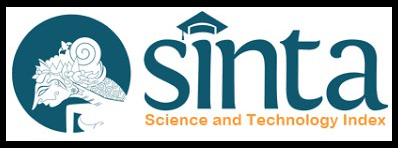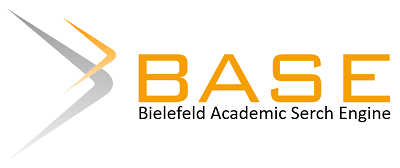APPLICATION OF HYBRID LEARNING MODEL IN FOUNDATION ENGINEERING SUBJECTS IN BUILDING ENGINEERING EDUCATION STUDY PROGRAM, PALANGKA RAYA UNIVERSITY ACADEMIC YEAR 2020/2021
DOI:
https://doi.org/10.37304/balanga.v9i1.1930Keywords:
hybrid learning, teknik fondasi, e-learningAbstract
There is now an assumption that “working from home” will become a normal work culture for most of us (teachers, and students). In Indonesia, some teachers have to do homework assignments (continuously and as a controlled routine) on an ongoing basis. This means that they have the opportunity to be unproductive to work in a completely new environment and without leadership supervision (intensively). However, there are a number of ways to get around this problem, especially preventing teachers from being confused in applying appropriate and effective learning models, as well as sustainable professional development, surely wanting to be productive in utilizing time during the Covid 19 pandemic. Thus time management must be carried out and controlled properly to improve the quality of professionalism of teachers as professional educators. The solution, the teaching staff is required to be able to design learning media as an innovation by utilizing online media. This research is motivated by the learning outcomes of Building Engineering Education students who program Foundation Engineering courses which are still relatively low under a score of 60 (C value). Hybrid learning is a hybrid learning concept that integrates traditional class sessions and e-learning elements in an effort to combine the benefits of the two forms of learning. The purpose of this study is to determine student learning outcomes after the application of the hybrid learning model. This type of research is descriptive research. Quantitative data in the form of numbers or scores obtained from student learning outcomes tests. This research was conducted from October 2020 to December 2020 at the Building Engineering Education FKIP, Palangka Raya University. The research subjects were students of the Building Engineering Education 2020/2021 Academic Year who program Foundation Engineering Courses. The instrument used in this study was the final test of student learning outcomes. There is a significant effect as evidenced by the analysis of the t-test with the results of t count> t table with a value of t = 22.4 while for t table = 2.04 with a confidence of 0.05%, there can be significant differences in learning using the hybrid learning model. . The output to be achieved is that this research will be published in the Journal of Technology and Vocational Education FKIP, Palangka Raya University, 'Balanga' not accredited in 2020.
Downloads
Downloads
Published
Issue
Section
License
Copyright (c) 2021 BALANGA: Jurnal Pendidikan Teknologi dan Kejuruan

This work is licensed under a Creative Commons Attribution 4.0 International License.






























